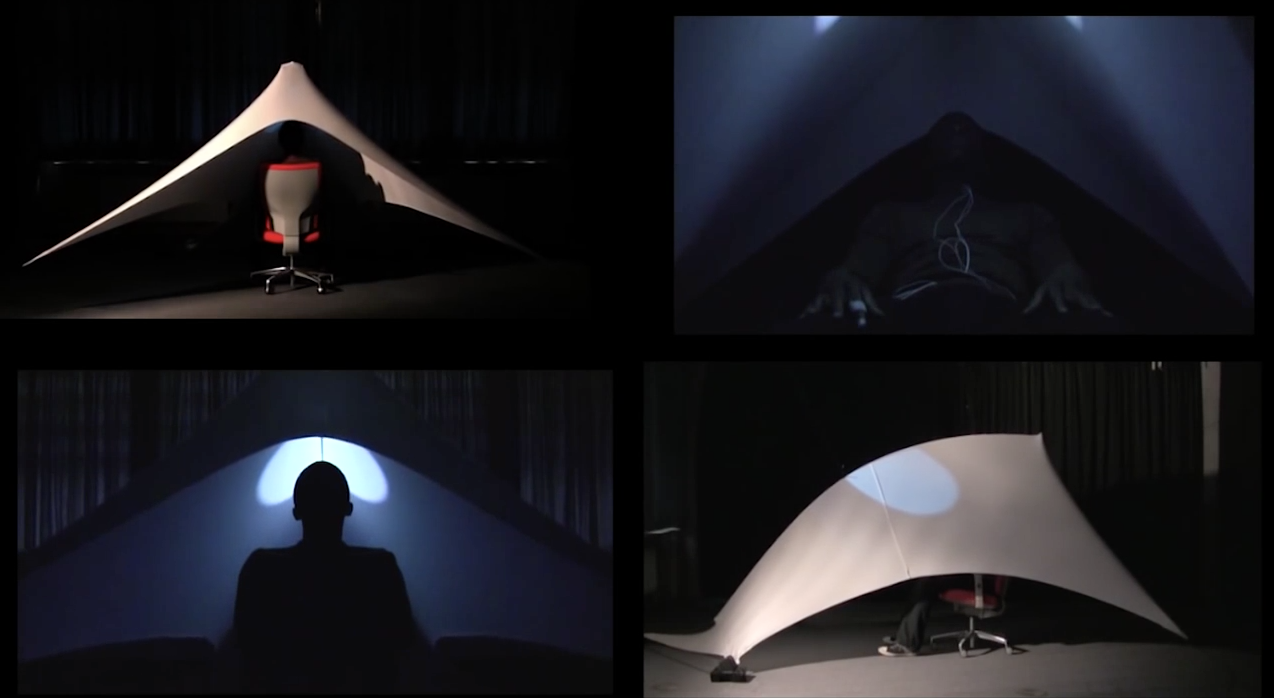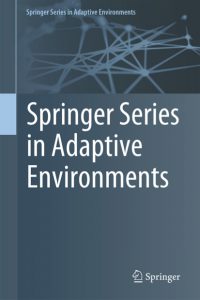
May 18, 2017, by jicke
New book series provides springboard for research
A new book series on adaptive environments set for release next year is on the hunt for exciting research projects to fill its pages.
The Springer Series in Adaptive Environments is being established by Holger Schnädelbach, Research Fellow at The University of Nottingham together with colleagues Henriette Bier from Technical University Delft, Netherlands and Kristof van Laerhoven at the University of Siegen.
The new series is being developed to present pioneering research around spatial constructs and systems that are specifically designed to be adaptive to their surroundings and to their inhabitants and will cover a multitude of disciplines.
Holger Schnädelbach, who is based at the Mixed Reality Laboratory at The University of Nottingham is one of the Editors-in-Chief for the series and said:
“We are delighted to have opened the submission process for book proposals for this new series and would encourage anyone working in the relevant fields of research to get in touch. The series presents a unique and exciting opportunity for academics to showcase the results of their research with a well-respected and established publisher and will be an essential resource for practitioners, researchers and students concerned with adaptive environments.”
The focus of the series is on the interaction between human and non-human agents, with people being both the drivers and the recipients of adaptivity embedded into environments. There is emphasis on design, from the inception to the development and to the operation of adaptive environments, while taking into account that digital technologies underpin the experimental and everyday implementations in this area.
Books in the series will be authored or edited volumes addressing a wide variety of topics related to Adaptive Environments (AEs) including:
- Interaction and inhabitation of adaptive environments
- Design to production and operation of adaptive environments.
- Wearable and pervasive sensing
- Data acquisition, data mining, machine learning.
- Human-robot collaborative interaction
- User interfaces for adaptive and self-learning environments
- Augmented reality/location-based interaction
- Gamification environments
- Emergent development of buildings/cities
- Environmental explorations
Book proposals can be submitted via Springer
No comments yet, fill out a comment to be the first


Leave a Reply